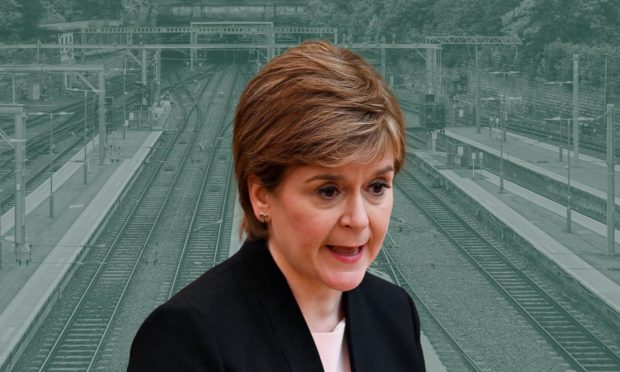Michael Gove has laughed off SNP referendum demands, telling a House of Lords committee that he would be “enjoying retirement” before Westminster permits another poll.
The 53-year-old Cabinet Office minister told peers that Nicola Sturgeon’s party had lost momentum and support for separation in Scotland was falling.
Mr Gove, appearing before the Lords’ constitution committee, said the Union was a “living breathing success story” that was very much “a project for the future”.
The comments will likely inflame the constitutional row between Edinburgh and London over whether there is a mandate for another referendum.
The first minister claimed her party’s victory at May’s Holyrood poll put the question beyond doubt, but Mr Gove said: “The Scottish National Party want to create a sense of inevitability about a drift towards separation, that every step constitutionally along the way over the course of the last 20 or more years is in that direction.
“But in order to create that sense of inevitability, they have to maintain a sense of momentum and that momentum was checked at the recent Holyrood elections.
“It’s also the case that as well as that momentum being checked, we’ve subsequently seen a subsidence in support for separation in Scotland.”

Pressed on the issue of a referendum, he said: “I don’t believe that we should be having a referendum anytime soon
“I hope that I’ll be enjoying my retirement by the time that a next independence referendum comes along, but that’s in the hands of others.”
Mr Gove later also acknowledged the need in Whitehall to get a better hold on devolution, telling peers: “Ministers and civil servants all recognise the need to update our knowledge of and understanding of how different parts of the UK work -much as you might upgrade an iPhone, but that doesn’t mean that the technology in itself is wrong, we do need to make sure that we are keeping pace.”
The comments follow the publication of an influential report which criticised the UK Government for failing to respect devolved boundaries, particularly during the pandemic.

